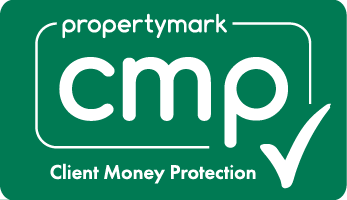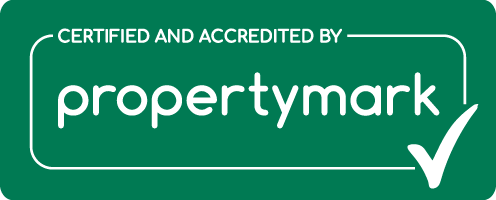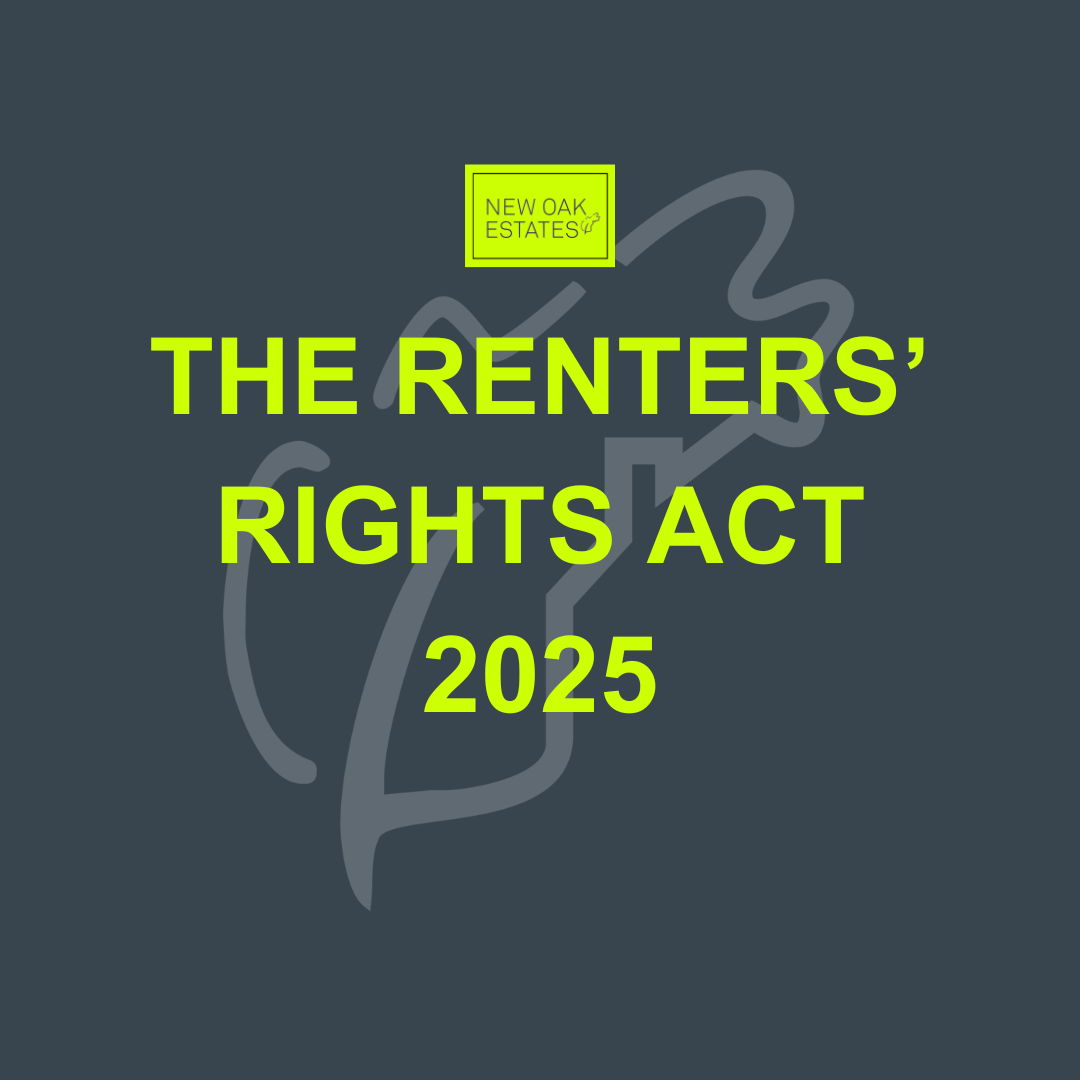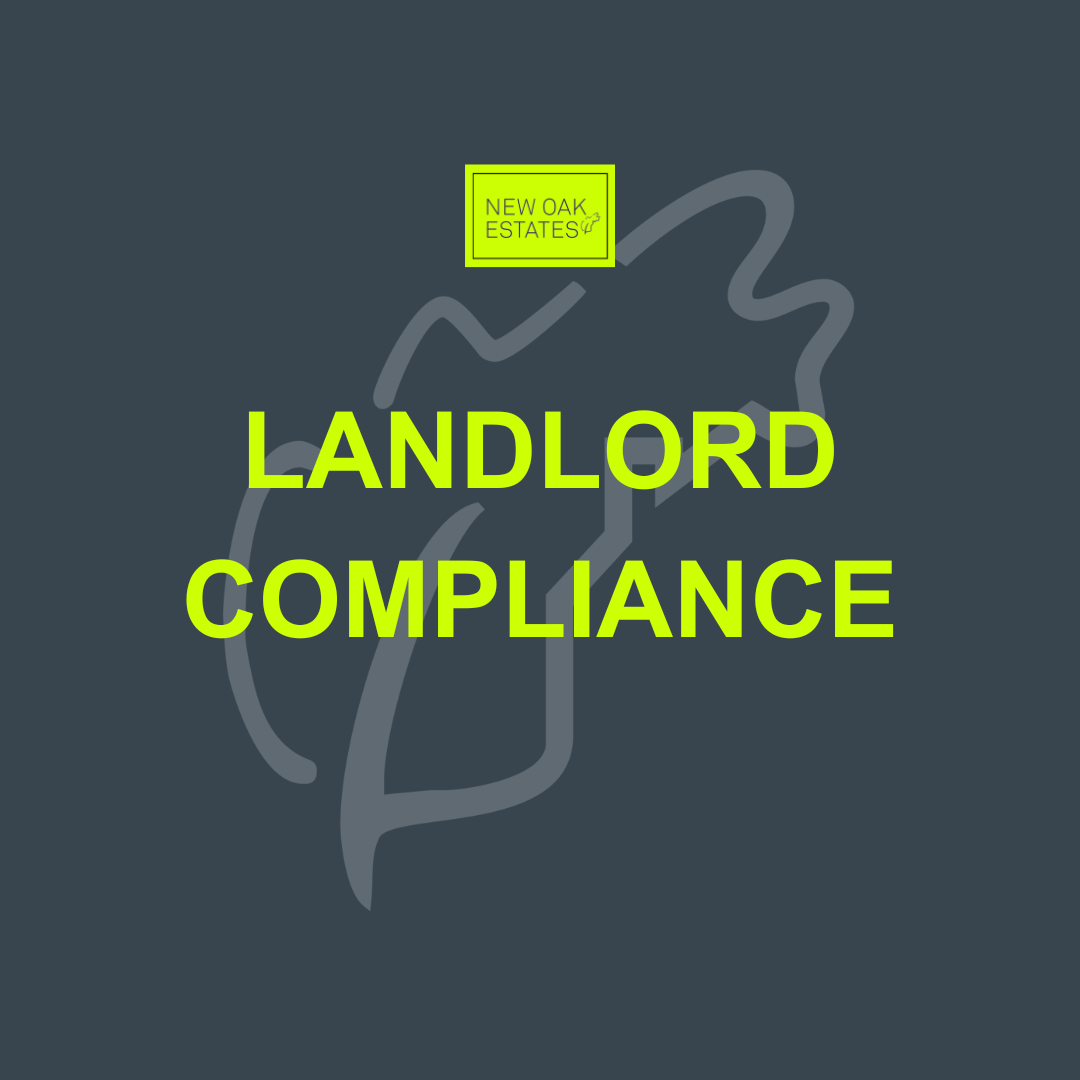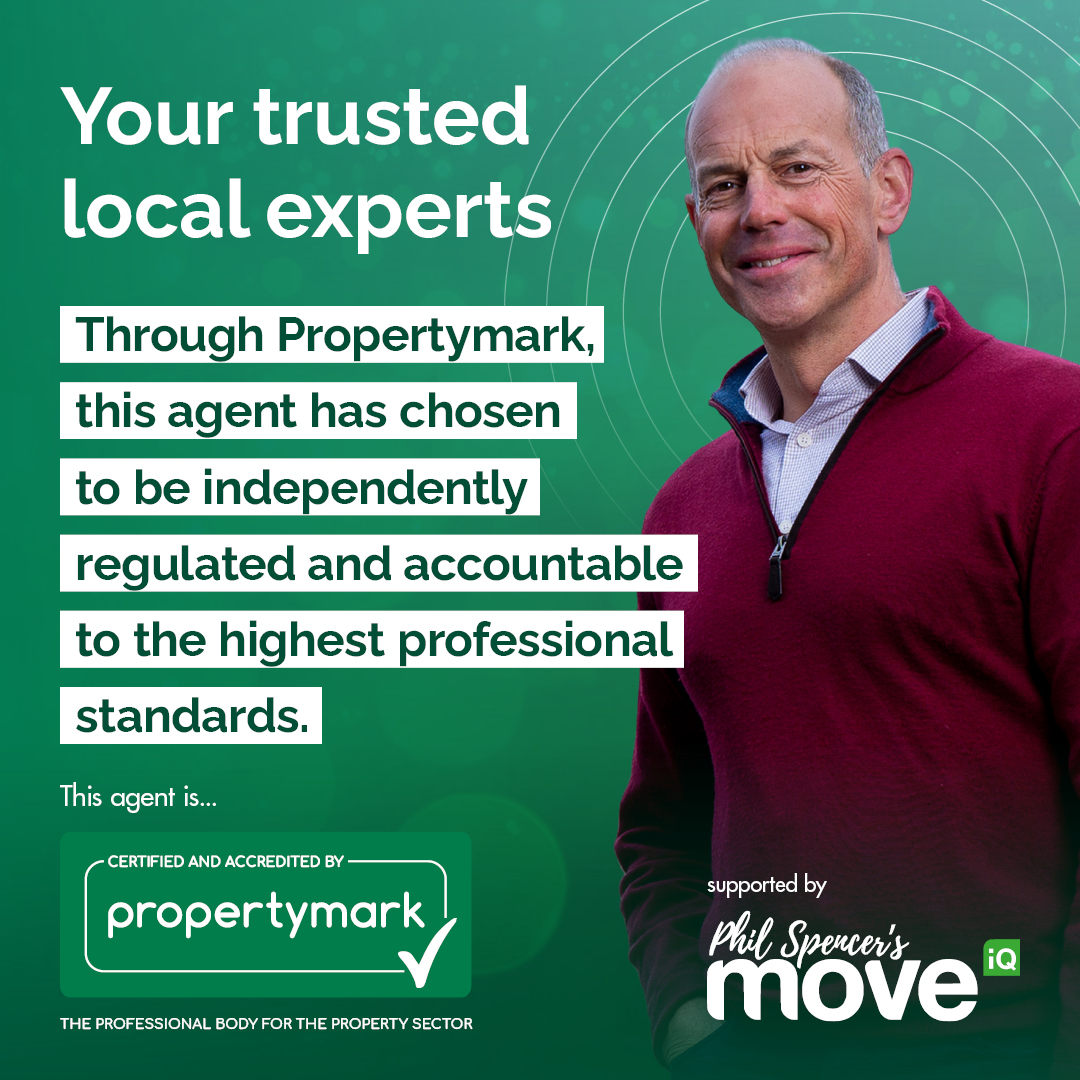
Propertymark Accreditation
Moving house can be a complex and sometimes lengthy process — but with the right expert guidance, it doesn’t have to be.
Our team are Certified and Accredited by Propertymark, the leading professional body for the property sector, which means we choose to be regulated by an independent body.
As members, we:
• Abide by a strict Code of Conduct
• Follow industry best practice
• Hold recognised professional qualifications
• Commit to ongoing CPD and training
For our clients, that means confidence. You’ll be supported by trusted professionals with the knowledge and commitment to guide you smoothly through your property transaction. With Propertymark membership, we can deliver the highest standards and help you achieve your goals.

The New Oak Estates Team
Buying or selling a home is a big deal, so it helps to know exactly who’s on your side. Our team will be with you throughout, combining local know-how, years of experience, and a friendly, straight-talking approach that makes all the difference.
We’re proud to be part of the top 5% of UK agents and regulated by leading bodies like Propertymark, giving you confidence in our professionalism, so you receive informed advice and expert guidance at every step.
With a trusted local team by your side, you’ll feel supported, informed, and confident throughout your move.
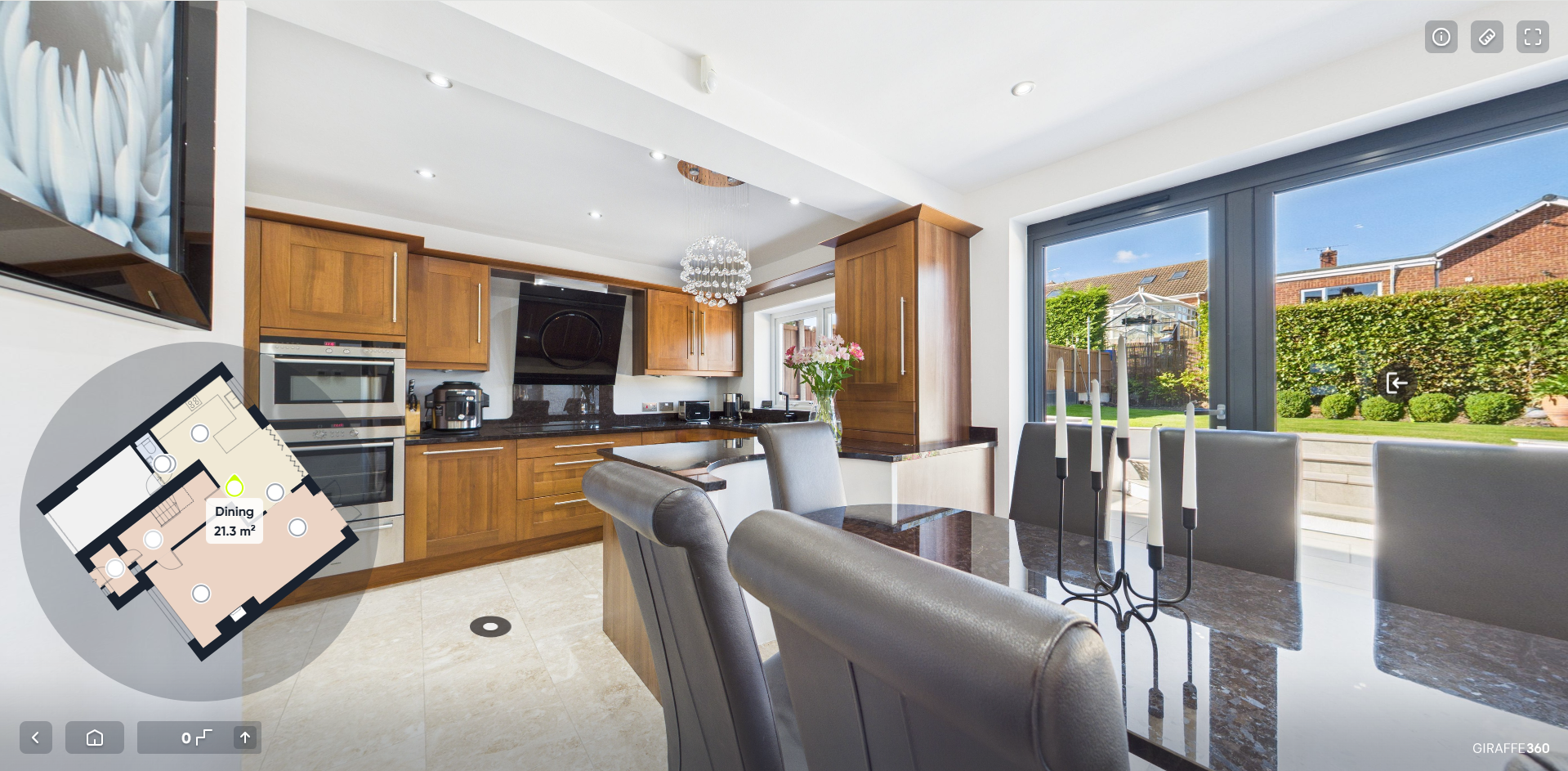
Virtual Property Tours
Our 360 virtual tours powered by Giraffe360 allow potential buyers to obtain a more insightful experience which can ultimately lead to a better quality viewing!

Drone Images
Drone Images are a fabulous technique used to show off the property plot or surrounding land and position.
Properties we think you'll love
Blog Articles
Stay up to date with our latest news, tips and tricks.
Feb 28, 2026
Homeowners' Q2 outlook: What we expect after the March Budget
The Chancellor’s March Budget traditionally sets the economic direction for the year ahead, with implications for property markets, taxation, and housing policy. While specific announcements remain un
Feb 28, 2026
2026: The first-time buyer's best year?
First-time buyers face their most promising market conditions in several years during 2026. Property portals report increased buyer activity, improved affordability metrics, and growing opportunities
Feb 28, 2026
How to price your property correctly in an early-spring market
March's early-spring market offers excellent selling opportunities, but success depends heavily on accurate pricing from the outset. Properties priced correctly generate strong interest, multiple view
Feb 28, 2026
How to avoid common selling mistakes this Spring
Selling property involves numerous decisions and processes where mistakes can cost thousands in reduced sale prices or add weeks to marketing periods. Understanding common pitfalls and how to avoid th
Our Team


